iPhone 16e vs iPhone 14: Future versus past
We may earn a commission if you make a purchase from the links on this page.
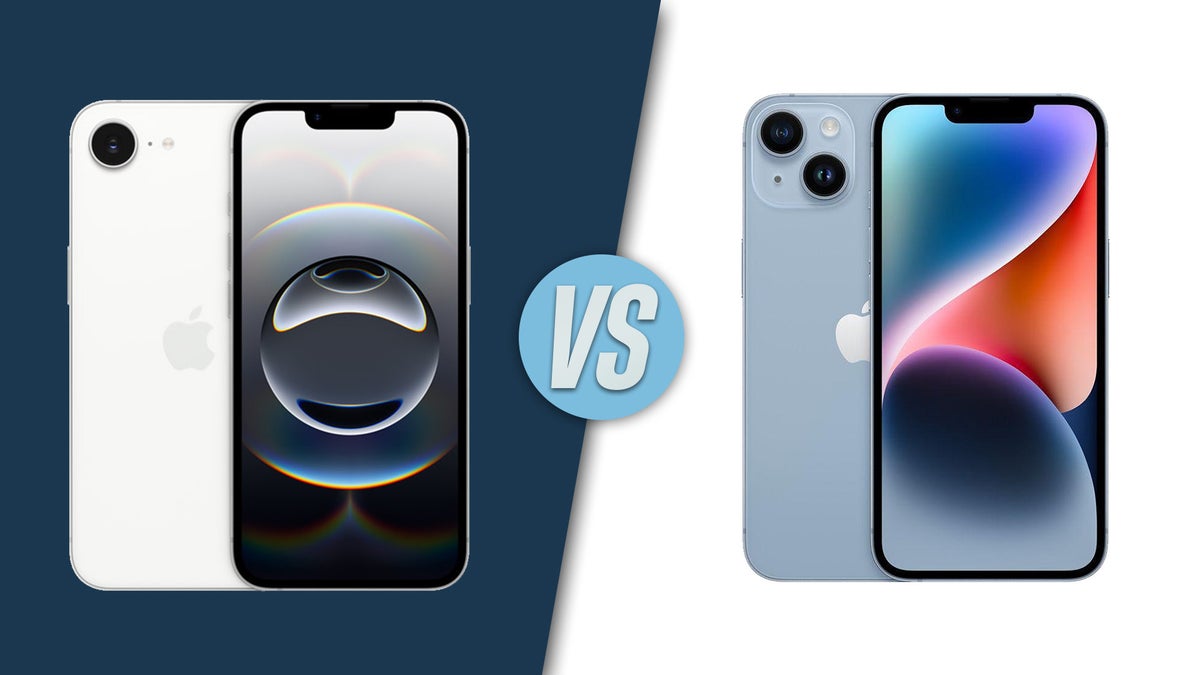
Intro
The iPhone 16e is finally official after numerous leaks, rumors, and a big identity change. The phone was believed to be the next SE, but Apple has obviously decided to be inclusive and get it inside the iPhone 16 series family.
The first iPhone SE was launched eight years ago with the idea to give Apple fans a reasonably priced phone with enough power and style onboard. This idea proved to be very successful, as the original SE was dubbed by many "the prettiest iPhone ever made."
That's over, at least for now, and now we have an "e" model, with the moniker replacing "special edition" for "economical." There are some very interesting changes and decisions, and now that the iPhone 14 has been officially discontinued, it's time to see how these two stack against each other.
iPhone 16e vs iPhone 14 differences:
| Phone 16e | iPhone 14 |
|---|---|
| iPhone 14-like design with larger bezels and a notch | The now overly-exploited iPhone 12 design with a different camera bump |
| 6.1-inch OLED display with 60Hz | Pretty much the same 6.1-inch OLED with the same slow 60Hz refresh rate |
| Face ID | Face ID here as well |
| Apple A18 chip with 8GB of RAM | Much slower Apple A15 Bionic (5 nm) chipset |
| Apple Intelligence support | Apple Intelligence but some features missing |
| Quite hefty 3,961 mAh battery | Smaller 3,279 mAh battery |
| 20W wired charging, no MagSafe | The same slow 25W wired charging, MagSafe wireless |
| USB-C port | The old Lightning port here |
| A 48MP wide-angle camera with hi-res modes | Dual camera system with one 12MP main and 12MP ultrawide |
| More affordable at $599 | More expensive at $799 at launch (deals available) |

Table of Contents:
Read more:
Design and Size
One-eyed cyclops
The previous two generations of the iPhone SE, built upon the outdated iPhone 8 design, felt increasingly obsolete, particularly the 2022 model. The new iPhone 16e (which for all intents and purposes can be thought of as a successor to the previous SE) features a new design.
The design is more similar to that of the iPhone 14 than to anything else with one big exception. The camera on the back. The iPhone 16e has just one single camera and it's positioned at the upper left corner of the phone.
The LED flash position is the same, and if you erase the second ultrawide camera of the iPhone 14 in a mind experiment you'll get more or less the iPhone 16e. Furthermore, the dimensions are exactly the same between both phones, while the new iPhone 16e is slightly lighter at 167 grams (versus 172 grams for the iPhone 14).
Another substantial difference is that the new iPhone 16e has an Action button, while the iPhone 14 features the old silent switch. Due the EU mandatory USB-C regulations, the 16e also comes with the aforementioned port, while the iPhone 14 relies on the Lightning port wired connectivity. Finally, the color options for the 16e are limited, to say the least, while the iPhone 14 comes in a wide range of hues.
iPhone 16e available colors:
- Black
- White
iPhone 14 available colors:
- Yellow
- Purple
- Midnight
- Starlight
- Blue
- Product RED
Display Differences
One of the biggest upgrades the iPhone 16e brings (if we think of it as an iPhone SE successor) is the Super Retina XDR OLED display. If we think of it as a buffed up iPhone 14 version, then the displays of both phones are almost identical.
The new iPhone 16e display has resolution of 1170 x 2532 pixels, a 60Hz refresh rate and the same 800 nits of brightness as the iPhone 14. In fact, we're tempted to think that it's the same display panel on both phones. Let's consult with our display test below and see what's what.
Well, it seems that these two panels are very closely matched, both in brightness and other technical specs such as color accuracy, color temperature and minimum brightness. We don't know if it's the exact same panel on both devices but for all intents and purposes, we can say that this is a tie.
The 60Hz refresh rate is a bit of a disappointment but it's not surprising. Currently, even the latest iPhone 16 still features a 60Hz screen, so introducing a higher refresh rate on a more budget-friendly model could've risked cutting into the sales of Apple’s more expensive iPhones.
Both the iPhone 16e and the iPhone 14 rely on Face ID for biometrics, the days of Touch ID are now officially over.
Performance and Software
Moore's law in action
This is where things are starting to get interesting. The iPhone 16e comes with the latest A18 chipset, and even though it's slightly tweaked (one GPU core less, compared to the one used in the regular iPhone 16), it's still a powerhouse.
Comparing this to the A15 Bionic processor inside the older iPhone 14, it’s clear that the 16e will outperform the now almost three-year-old model by a wide margin, both in speed and efficiency.
We know the 16e is just slightly behind the regular 16 when it comes to graphics power (due to the one missing GPU core) but compared to the iPhone 14 it is a much faster and also futureproof phone. The benchmarks above confirm this with the peculiar result in 3DMark. The iPhone 14's GPU manages the same result as the new five-core iPhone 16e GPU.
The software situation is clearly in favor of the new iPhone 16e, as it comes with longer support and also potentially more Apple Intelligence features onboard. We will do a detailed breakdown of all the features once we get the new model in our lab.
Camera
Do we need that ultrawide anyway?
Remember the days when phones came with just a single camera? Well, it looks like the iPhone 16e is bringing that simplicity back once more. The phone features just a single main camera on its back, and it's a 48MP sensor under an f/1.6 lens with the focal length equivalent of 26mm and optical image stabilization onboard.
This is pretty interesting, because the same sensor can be found on the iPhone 15 and the iPhone 16. The iPhone 14, on the other hand, comes with a pre-update 12MP main camera and another 12MP ultrawide. This poses certain challenges before the three-year old flagship.
And according to many surveys, people rarely use the ultrawide anyway, so do we need it? This might be the reasoning behind the switch from the iPhone 14 to the iPhone 16e.
This section will be populated with side-by-side camera samples (although they will be from the main camera of both phones only), but it will boil down to your personal needs and preferences. If you absolutely need an ultra-wide camera, the physical absence of one on the iPhone 16e just can't be overlook.
This section will be populated with side-by-side camera samples (although they will be from the main camera of both phones only), but it will boil down to your personal needs and preferences. If you absolutely need an ultra-wide camera, the physical absence of one on the iPhone 16e just can't be overlook.
Otherwise, you'll probably get better results from the latter, as the 12MP main camera of the iPhone 14 is pretty dated by now. The new iPhone 16e can also snap high-resolution 24MP photos, and make use of Visual Intelligence, so there's that as well.
Battery Life and Charging
Slow charging, identical capacity?
Apple doesn't list the exact capacity of the batteries inside its iPhone devices, but first teardowns have revealed that the new iPhone 16e features a decently-sized 3,961 mAh battery. That's more than what we have in the iPhone 14 and should result in more battery life. Let's see.
PhoneArena Battery and Charging Test Results:
We have a tie in the end, with a composite battery score of around 6 hours and just one minute difference between these two phones. More granularly, the new iPhone lasts longer in browsing and gaming, while the iPhone 14 deals better with video streaming.
Specs Comparison
Here's how the iPhone 16e vs the iPhone 14 specs will likely pan out.
| iPhone 16e | iPhone 14 | |
|---|---|---|
| Size, weight | 146.7 x 71.5 x 7.8 mm, 167 g | 146.7 x 71.5 x 7.8 mm, 172 g |
| Screen | 6.1" OLED 60Hz | 6,1" OLED 60Hz |
| Processor | A18 Bionic 3nm | A15 Bionic 5nm |
| RAM, Storage | 8GB/128GB 8GB/256GB 8GB/512GB LPDDR5 | 8GB/128GB 8GB/256GB LPDDR5 |
| Cameras | 48MP F1.6 wide 12MP front | 12MP F1.5 wide 12MP F2.4 ultrawide |
| Battery | 3,961mAh | 3,279mAh |
| Charging | USB-C port 25W wired No MagSafe | Lightning port 25W wired MagSafe |
Summary
Well, judging from all the test and data, Apple is about to destroy the iPhone 14 with the new iPhone 16e, and maybe that was the plan for the get go, given the iPhone 14 has been discontinued. Not only does this phone feature a faster chipset than all previous flagships, barring the iPhone 16 Pro series, but the overall design, battery life and charging is also on par with the latest generation.
Now, the price of the iPhone 16e is somewhat on the higher side at $599 (the previous SE models started at around $429), but compared to the other members of the iPhone 16 lineup, and taking into account the features onboard, the price doesn't sound outrageous. The iPhone 14 has been discontinued, so you can try and get one on the second-hand or refurbished market if you insist, but we don't see a reason to go that route. The new iPhone 16e is cheaper, faster and packed with more software AI whistles.
Now, the price of the iPhone 16e is somewhat on the higher side at $599 (the previous SE models started at around $429), but compared to the other members of the iPhone 16 lineup, and taking into account the features onboard, the price doesn't sound outrageous. The iPhone 14 has been discontinued, so you can try and get one on the second-hand or refurbished market if you insist, but we don't see a reason to go that route. The new iPhone 16e is cheaper, faster and packed with more software AI whistles.
Follow us on Google News


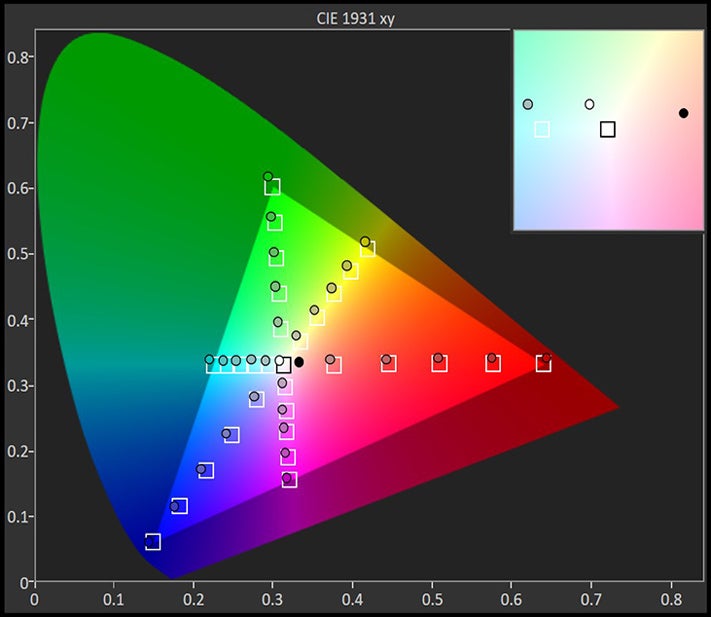
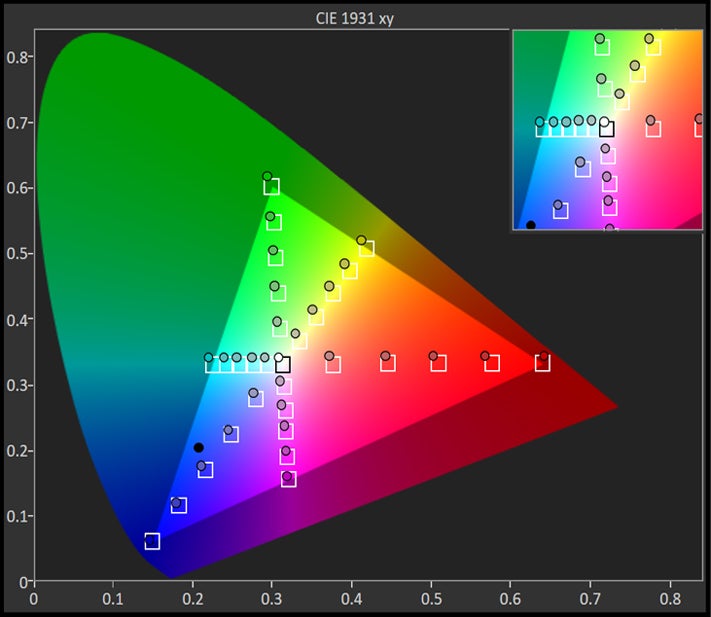






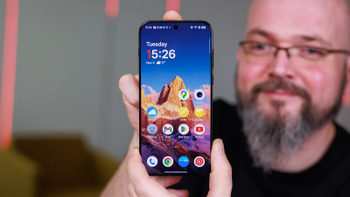




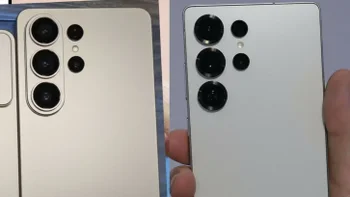
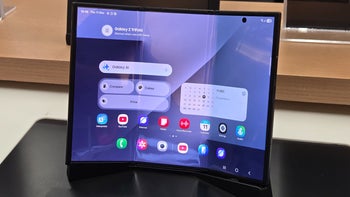

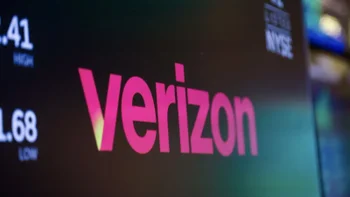
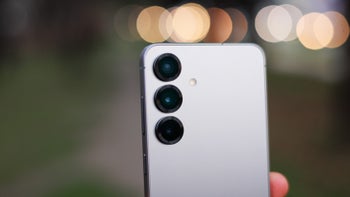
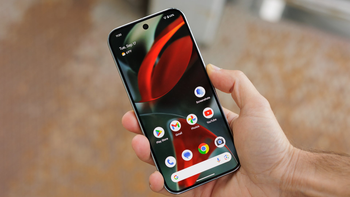
Things that are NOT allowed:
To help keep our community safe and free from spam, we apply temporary limits to newly created accounts: